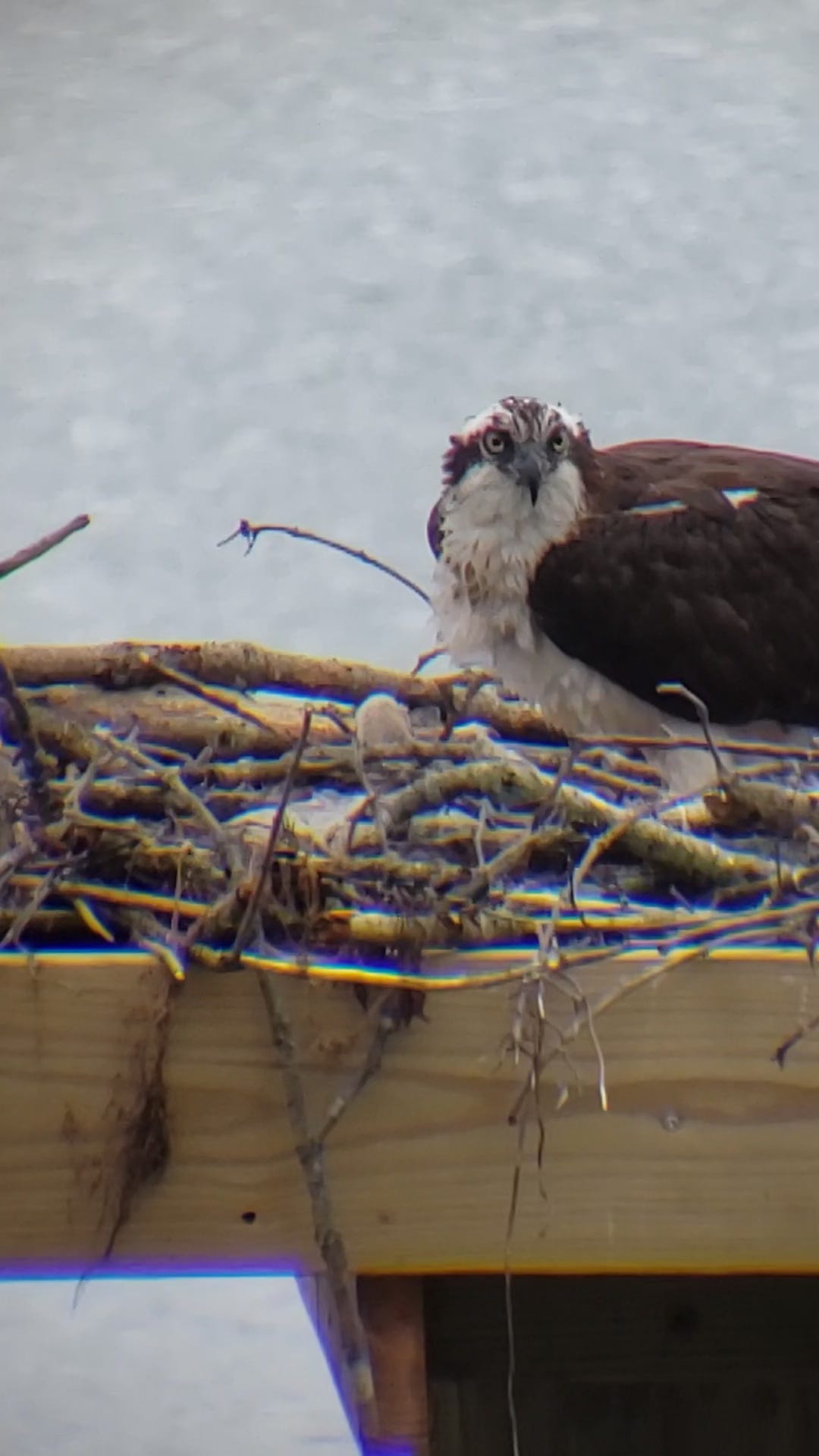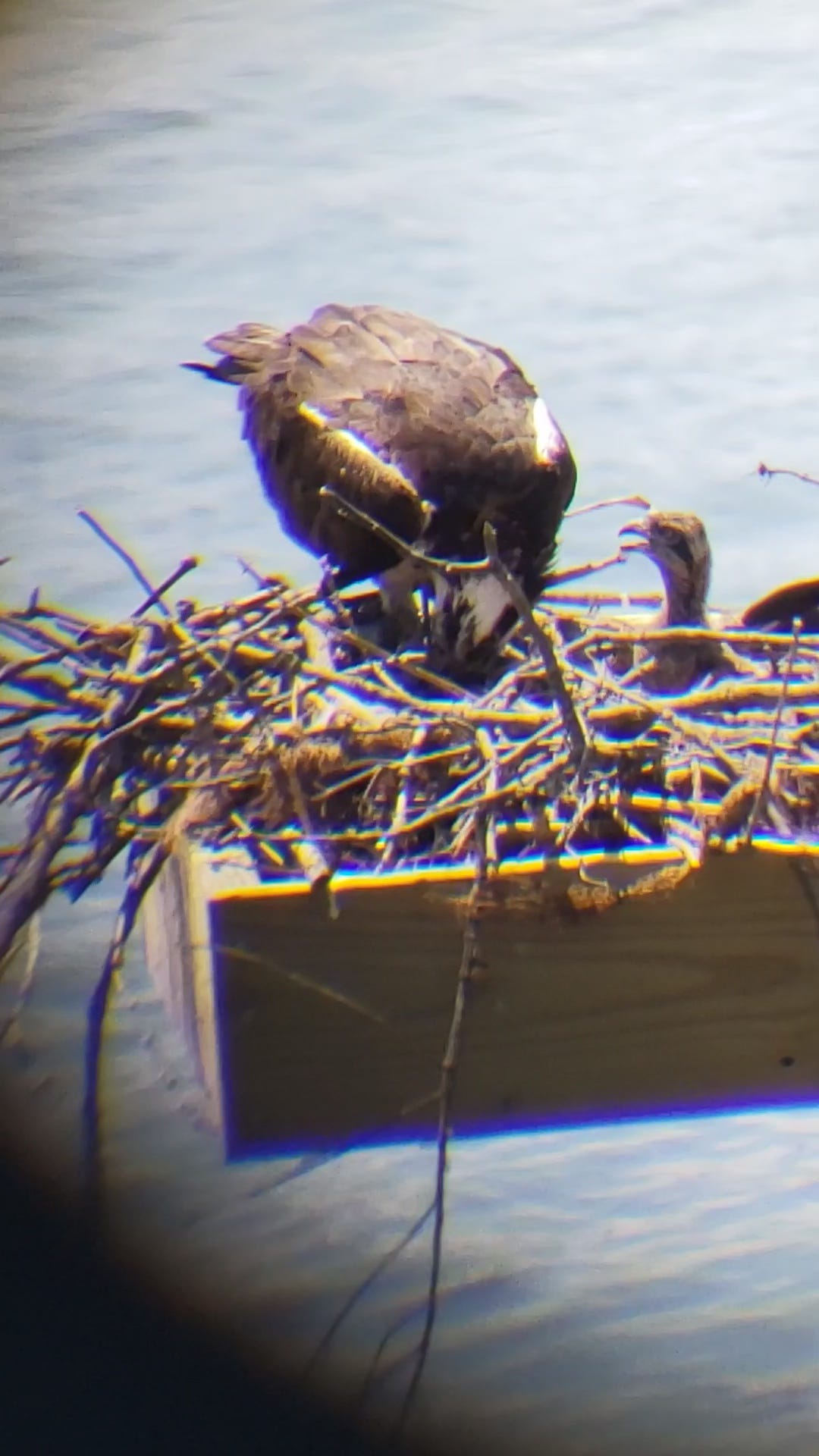“The French philosopher Camus used to tell himself quietly to live to the point of tears, not as a call for maudlin sentimentality, but as an invitation to the deep privilege of belonging, and the way belonging affects us, shapes us and breaks our heart.” —David Whyte, “Courage”
About five years ago, a very close friend moved to a small town in Vermont to be near her sister. She was starting a new life, and I understood—somewhat. The insight wasn’t hard to retrieve: hadn’t I done just the same thing eight years ago, when I transplanted myself from California to Maryland to be closer to Joy?
But as I’d watched Lucie pack up her shelves of books, her artwork, her garden sculptures and her kayak, as well as a flotilla of orchids that were in their fourth or fifth years, other emotions surfaced, as well. While I was happy that she was looking forward to her new life with pleasure, I couldn’t help but feel that old familiar sense of loss as the boxes of belongings mounted chest-high. A sharp one. Maybe those acute emotions of which I spoke in my last post about love and loss were insinuating themselves into the picture.
But this time, I wanted it all to be different. I didn’t want to cut Lucie off because I missed her. I wanted to hold her tight and find new ways to be friends across the distance. And so, I took my sorrow in hand, and tried to focus on the positive aspects of her relocation because I loved her, and wanted the best for her.
Among the items she’d left behind for friends, she set two things aside for me: her oyster cage, and an unspoken guardianship of the Osprey pole she’d added to her dock when she’d built her house on the river; the pole Brad and I had saluted every time we boated past it down the Severn River. She had hoped that a pair of Osprey would settle there and start a family, and so the pole gradually became a symbol of my own hope that Lucie would keep in touch with all of us and see what had become of that tall brown sentinel—and of me.
Her oyster cage turned out to be more difficult to care for than her oyster pole, especially when we added three more of them to our new collection in a fit of enthusiasm. Lest you think we were “oyster farming” with the intention of having them for supper, we became instead, as Lucie had demonstrated so ably, “oyster gardeners.” Every year over the winter months, scores of such devotees foster baby oysters, or spat, in cages suspended from their docks; then, the following spring, they return the more mature bivalves to the Chesapeake Bay Foundation, which has a trained team who puts them back into their natural habitat. There they begin to filter the ecosystem of the Bay and make a radical improvement in its waters.
However, tending the baby oysters is quite time-consuming—we discovered the need to spend part of each week scrubbing down our four cages with a hose and a big brush, and then dunking them like teabags off the end of the dock for some final rinses. Getting extremely wet and dirty when temperatures are in the forties and the wind is sharp turned out to be no fun at all. Still, I was able to reassure Lucie when we Zoomed each week that the oysters in her cage were well-cared for and would develop into mature bivalves ready to be returned to the Bay.
As the late spring months came, we had an Osprey pole installed off our own dock on the Rhode River, in memory of the fun we had had with Lucie; we asked her question after question about its construction. However, Brad and I, counseled by GrandMama Lucie, (as we called her in private), had been uncertain that our location would draw a pair because it was new, but the following March, to the delight of all three of us, our vigilance was rewarded with a pair of the stunning black and white raptors with six foot wingspans. They landed on the platform of the pole and began to build an enormous, intricate nest. We named them Mr. and Mrs. “O” —after their name, and the well-known writer, O’Henry.
We watched them every day, wondering what would come next. It was pretty predictable: soon Mrs. O made herself available to Mr. O. Would she lay eggs? we wondered. Would the two survive the last bit of our river’s severe winter weather and also its predators? We began reading up on Osprey and their habits, with GrandMama Lucie advising us on what to pick.
About six weeks later, a tiny head just poked over the edge of the nest and we named him Henry. In the ensuing weeks, Henry grew from a chick to a fledgling who began to hop around and stretch his wings, beating them enthusiastically as he got ready for his first solo flight. As autumn neared, we began to hope that his parents would return the next year. And perhaps, Henry would find a mate and settle somewhere nearby, we fantasized.
They did return. We used our binoculars to watch, and soon wished we had a nesting camera as did so many others along the river. But in 2022, our Osprey nest was empty. In 2023, what we thought was the same Osprey pair had no eggs at all. And in 2024, three eggs appeared in the nest—but were attacked by a predator, most likely an owl, GrandMama Lucie opined. She was as disappointed as we were. In Vermont she lived inland, and had no osprey pole of her own. All three of us decided we had to stay strong.
This year, the pair returned again, and now in May we wait to see what will shortly be a much hoped for delivery. GrandMama Lucie counsels us to “be patient.” However, knowledgeable sources (guess who?) report that many baby chicks have been starving to death over the last few years. What will happen now? Life, like friendship, is so fragile.
All of this provoked me to think that “we all belong to each other,” as Jeannie Ewing writes in one of her “Substack” posts this spring. Lucie is as much the caretaker of our Osprey fledglings as are we. Aren’t all our friendships expressions of “belonging” to one another and sometimes even to the world at large. Isn’t that sense of inclusion what makes our connection with each other so valuable?
On my last visit with Lucie a few weeks ago, we discussed this year’s impending arrival of chicks at the end of the month with anticipation. Once again, I thought the way the life cycle of these creatures resembles the cycle of friendship: we meet, mature, care for one another, and then produce a kind of connection between us which is truly special. Even though Lucie is now far away, we are joined together particularly by these huge birds and their tiny chicks, who learn over the summer months to fly and fish by their parents’ sides. We weather each other’s winter storms and then delight in each spring’s arrival of new life. While our journey is psychological, the Osprey’s is physical in a rapid and admirable growth.
Lucie has left behind her a rich legacy: from the muddy cages of baby oysters that require much labor, to the anticipation of nests that may or may not eventually bear a tiny handful of feathers. She has taught us what to expect as nature unfurls on the river, even as she has left our immediate world—but the comfort of her friendship will always be with us.
I have recreated my emotional experience of the loss of love, and made it one very different from that of my past instead. In realizing that Lucie and I will always love each other no matter where we live, I accept the idea that a close friend’s distance does not always mean the end of the relationship. As another Substack writer said of Camus and his philosophy: “Belonging affects us, shapes us and breaks our heart.” Not to criticize a grand master, but I think perhaps Camus forgot to write one more thing: belonging also brings us friendship—which elevates our hearts.






What a lovely idea Lynn! I am moved by the idea of anyone waking up to something I’ve written. Such a fine compliment!
Thanks, Rona. You’ve gotten to the place that encapsulates all I was trying to say! I think I used to feel that my “animal connection” was limited but over the last two decades I’ve gone snap! Crackle! Pop! Over dogs. All in all I’ve had a virtual tribe of Dalmatians! Some of my most important relationships have been with these black and white spotted beauties. I know you understand this as well because you loved Casey so intensely and now your sweet girl, too. Everyone should read your dogoir Starter Dog! What a wonderful romp it is.